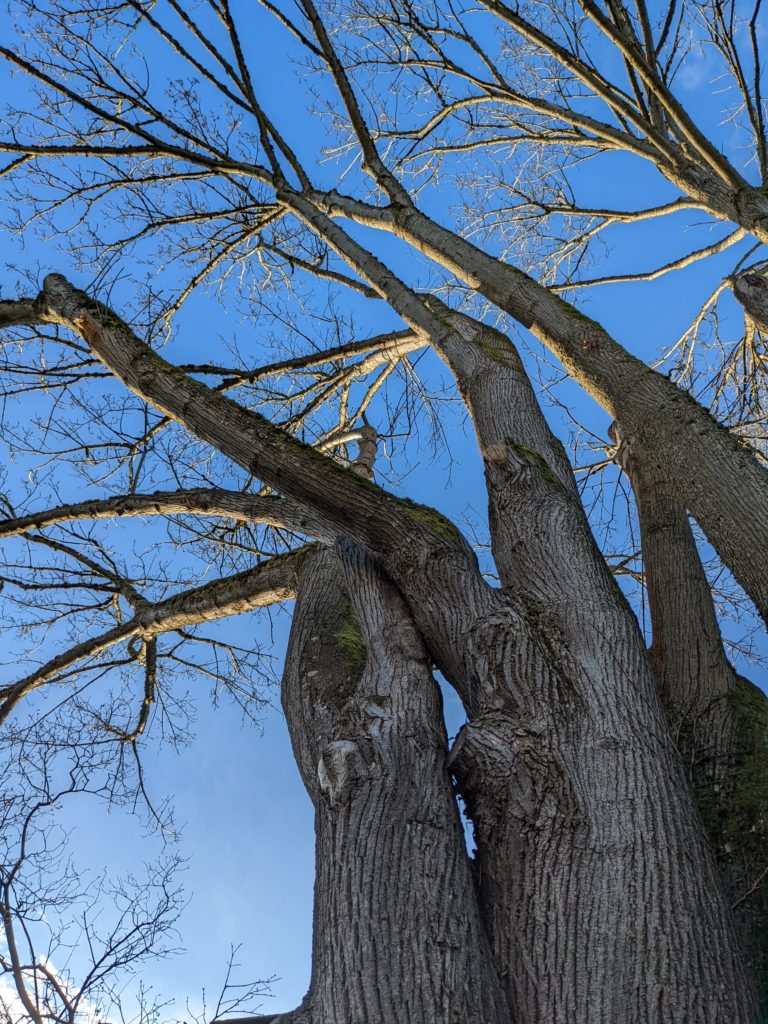From the blog draft archives 2014. This one is posted as written in 2014…
You know that feeling when ideas keep converging? It has been happening to me lately. And the central theme that shows up for me is investment — investment in people, communities, ecosystems, organizations. There is too much for one post, so let me start by planting a few seeds in your mental garden.
Last week on our beloved Seattle Farm Coop email list (yes, an urban farm coop!) there was a discussion on native plants. Why they are valuable. How to grow them. Then this post came in from Emily (used with permission . The emphasis in bold and clarifications in italics are mine because things lose context out of context!):
Oh Elder…we appreciate you! (referring to elderberry)
Yes on Burnt Ridge (a Western Washington plant nursery)! Their site makes notes on fruiting plants for shade
For seeds couldn’t say enough beautiful things about Horizon Herbs. http://www.horizonherbs.com/. They have varieties of Elderberry seeds. I started some seeds this fall…red, blue and black…so we’ll see how they do. (sending them love now!) Will post on Market Days when plants start emerging from their rest. I can’t describe the feelings of starting trees from seed…but for me, they come from the most inside places. Unpredictably moving, significant, precious.
Emily
In the whole message, she demonstrated appreciation and network connecting practices. Beautiful. But in that last sentence Emily caught, in her last sentence, what I SENSE about online communities and made me recall the early, deep and significant experiences I had online in the late 90’s and early 2000’s. It was in the leap of faith to invest in people. Simply go for it.
I had time to do that in the “early days.” There wasn’t a profusion of options for online connections. No Facebook, Twitter, Google+. Mobile phones were for calls and maybe texts. So stepping into an online discussion board was not a fleeting moment, but a chunk of time I used to explore and deepen experiences and connections with others. I invested.
Today, it takes quite a bit of gardening to nurture an online community with deep roots and spreading boughs. It seems we are in an era, though, of rhizomes, instead of simply trees. Networks that spread like the amazing mycorrhizal fungi, the symbiotic association of fungus and roots. From Wikipedia (perhaps a mycorrhizal network itself in some ways)
Mycorrhizal networks (also known as common mycorrhizal networks – CMN) are underground hyphal networks created by mycorrhizal fungi that connect individual plants together and transfer water, carbon, and nutrients. The formation of these networks is context dependent, and can be influenced by soil fertility, resource availability, host or myco-symbiont genotype, disturbance and seasonal variation.[1]
So where do we invest when we are aware that we are operating in an ecosystem? This is now a driving question. Is it more than planting a tree seed that takes time to germinate and mature?
Then Sue Braiden posted the following on Facebook, spawning a wonderful response thread that criss-crossed between technology, sociology and many other juicy things. It hearkened so much to me that I asked for permission to post it on my blog as a guest post which went up earlier today.
An ecomuseum is a participatory approach to culture by definition. And their motto at the Ecomuseum of Santa Cruz is ‘a people will only preserve what they love and they will only love what they know’. The values of participation are encoded into their DNA, they are the very reason why the institution exists and they affect everything about the experience, from the language it uses to the way people experience it – the soul of the organisation.
(Can’t refind on FB… grrr)
EDITED NOTE: The list of links below were intended to inform the subsequent parts of this blog series. Clearly I never got around to drafting those. Clearly the passing of one of my idols/teachers, Pete Seger, crept into my train of thought.
- Pete Seeger http://chriscorrigan.com/parkinglot/?p=3998
- http://gregmitchellwriter.blogspot.com/2014/01/petes-final-night.html
- http://tingilinde.typepad.com/omenti/2014/02/pete-a-life-that-made-a-difference.html
- http://bobpurse.blogspot.ca/2014/02/pete.html
- http://www.jarche.com/2014/01/understanding-complexity/
- Network weaving as prevention for isolation http://momastery.com/blog/2014/01/30/share-schools/#sthash.RzhXW3DE.gbpl
- The specialist and the generalist http://www.wired.com/opinion/2013/12/165191?utm_content=buffer0a0d4&utm_medium=social&utm_source=twitter.com&utm_campaign=buffer
